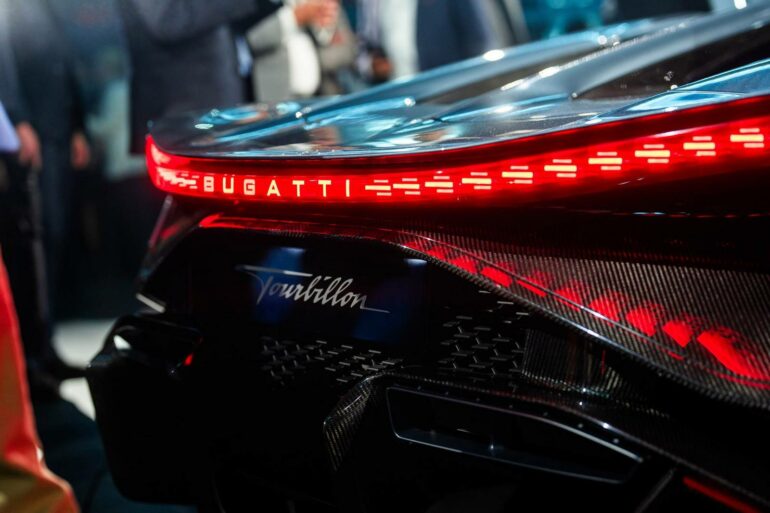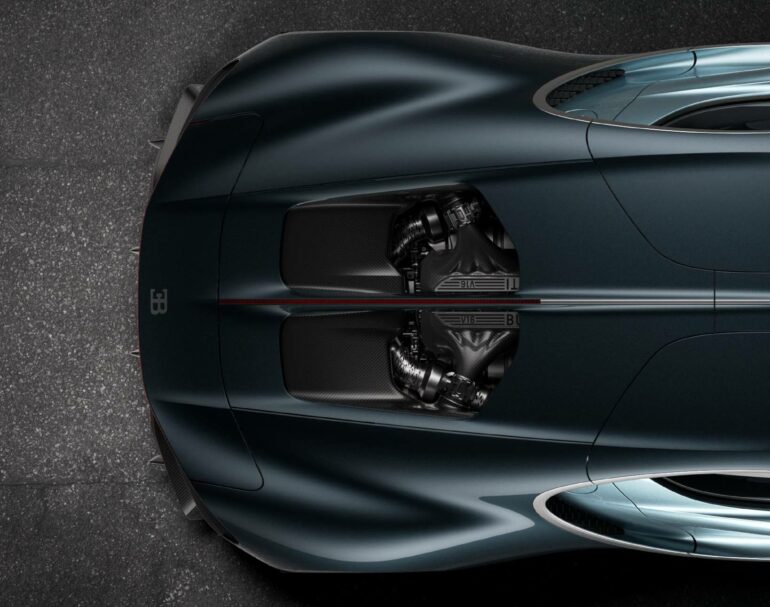Aiming to meet the ambitious EV deadlines set for the early part of the next decade, regulatory bodies worldwide have continuously tightened emission regulations, making it incredibly tough for automakers. At the beginning of this year, France announced tough new emissions regulations, which included increasing the so-called “malus ecologique” for polluting and heavy combustion vehicles. It is a one-time penalty tax payable when a car is first registered in France and is calculated depending on the vehicle’s CO2 emissions. The malus ecologique starts at 50 euros and increases rapidly with higher CO2 emissions, topping out at 60,000 euros (almost $65,000) for cars that produce more than 194 grams of CO2 per kilometer.

This is a deathblow for automobile manufacturers making performance vehicles with powerful combustion engines. However, companies have found a way to continue using high-horsepower engines without being penalized by ever-tightening regulations. Hybridization! Most high-performance car manufacturers, including Lamborghini, Porsche, and Bugatti, have adopted hybrid powertrains for their flagships to save them from the imminent EV-fication. The iconic French automaker recently revealed its newest hypercar, the Bugatti Tourbillon.

Instead of the massive W16 powertrain that powered its modern-day predecessors, the Tourbillon features a hybrid system that combines an all-new V16 gas engine with three electric motors. The combined output of the hybrid powertrain is close to 1800 horsepower. You would expect the new Bugatti hypercar to attract the maximum tax penalty in its home country, right? You’ll be surprised by the answer.

Bugatti hasn’t revealed the CO2 emissions of the Tourbillon as of yet. However, the French online publication Sport Auto believes that the $4 million hypercar only produces 120 grams of CO2 per Km. If that is true, the buyers of the V16 hypercar in France will only have to pay a meager sum of just 100 euros ($107) as an emissions penalty. In absolute contrast, anybody buying a Honda Civic Type R in the country will have to shell out a whopping sum of 35,346 euros (almost $38,000) as a penalty according to the revised regulations. The tax is more than half the car’s sticker price, which is crazy.

The sporty hatchback with a 306hp, 2.0-liter, 4-cylinder engine produces 186 grams of CO2 per km. The Toyota Hilux, a utilitarian pickup truck, attracts the maximum penalty tax of 60,000 euros as it gives out 218 grams of CO2/Km. To give you an idea of how much a hybrid engine helps in this case, the 211mph Ferrari SF90 Stradale attracts a penalty of only 4279 euros (roughly $4500), thanks to its plug-in hybrid powertrain that produces only 160 grams of CO2 per Km. Madness!

